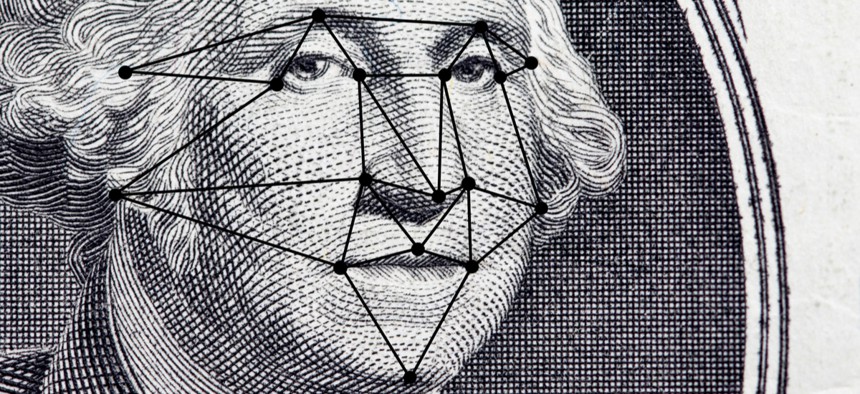Lawmakers Demand Answers on Facial Recognition Deployments in Public Housing

Anton Watman/Shutterstock.com
In a letter to HUD Secretary Ben Carson, democrats from both chambers raised concerns about threats to residents’ privacy.
Eight Democratic lawmakers pressed the Housing and Urban Development Department Wednesday to address concerns and review policies on the use of facial recognition in federally assisted housing facilities.
In a letter penned to HUD Secretary Ben Carson, Sens. Ron Wyden, D-Ore., Sherrod Brown, D-Ohio, Cory Booker, D-N.J., Edward Markey, D-Mass., and Kamala D. Harris, D-Calif., and Reps. Yvette D. Clarke, D-N.Y., Ayanna Pressley, D-Mass., and Rashida Tlaib, D-Mich., question the scope of facial recognition deployments across federally assisted housing properties and how the agency ensures residents’ sensitive biometric data is protected.
“All Americans, including those who live in public and other federally assisted housing communities, have fundamental privacy and civil liberty rights,” the legislators wrote. Recent media reports indicate that public housing authorities across America are implementing facial recognition technology, as the lawmakers put it, “ostensibly to deter crime and improve resident safety.” In New York City, they note, public housing owners have installed face-reading tech without residents’ consent. And in Detroit, after upgrading security cameras to include facial recognition tech, the public housing authority’s systems were made available to the police department as part of a city-wide effort to fight crime.
The lawmakers also highlight recent reports that demonstrate how facial recognition technology still misidentifies many people—particularly non-cisgender individuals, women, and people of color. Sharing the data with law enforcement, they said, can further exacerbate the vulnerabilities those communities presently face.
“[HUD] is responsible for creating and ensuring discrimination-free practices in all communities. However, as numerous civil rights experts have pointed out, when public housing and federally assisted property owners install facial recognition security camera systems, they could be used to enable invasive, unnecessary and harmful government surveillance of their residents,” the lawmakers wrote. “Those who cannot afford more do not deserve less in basic privacy and protections.”
The legislators pose a series of seven questions including whether the agency has conducted research or internally approved the properties’ use of facial recognition technology, as well as what policies it’s implemented to ensure public housing residents “enjoy the same rights against warrantless government surveillance” as people who can afford to live in private housing. They also ask if and how federally assisted housing residents are included in the decision-making around facial recognition deployments on their properties—and for a complete list of all federally assisted housing properties that used facial recognition in the last five years. The lawmakers said they want a breakdown of residents’ demographic information for each of the said properties.
“What enforceable rules does HUD have in place to ensure biometric data collected by facial recognition technologies in federally assisted properties are kept secure and subject to effective cybersecurity safeguards?” they asked.
The lawmakers call on Carson to return HUD’s responses by Jan. 24.






